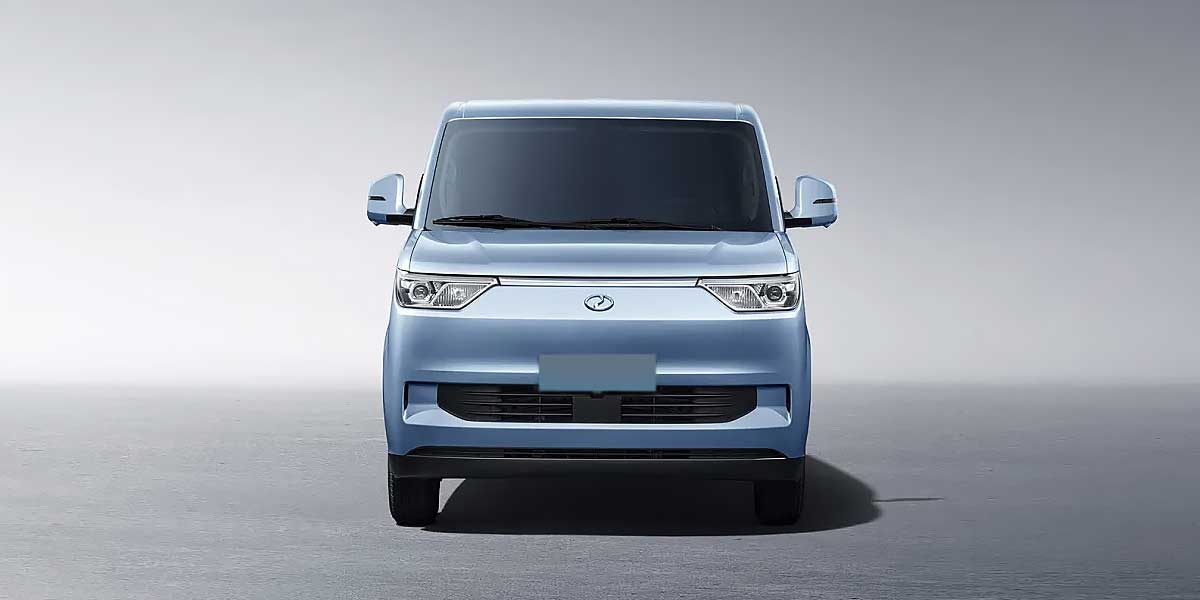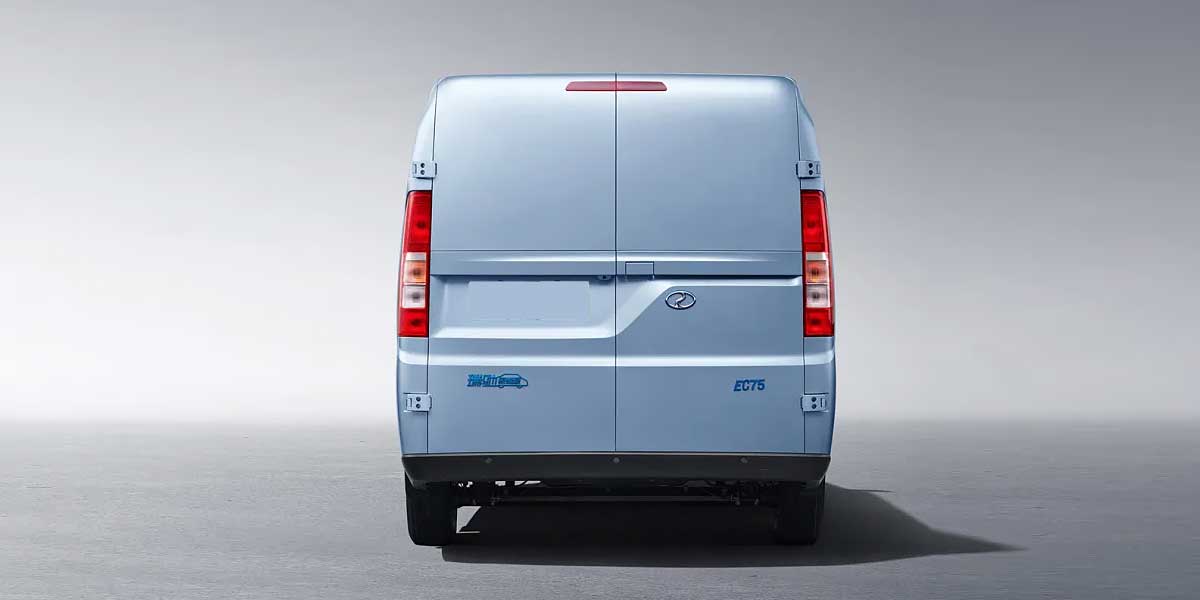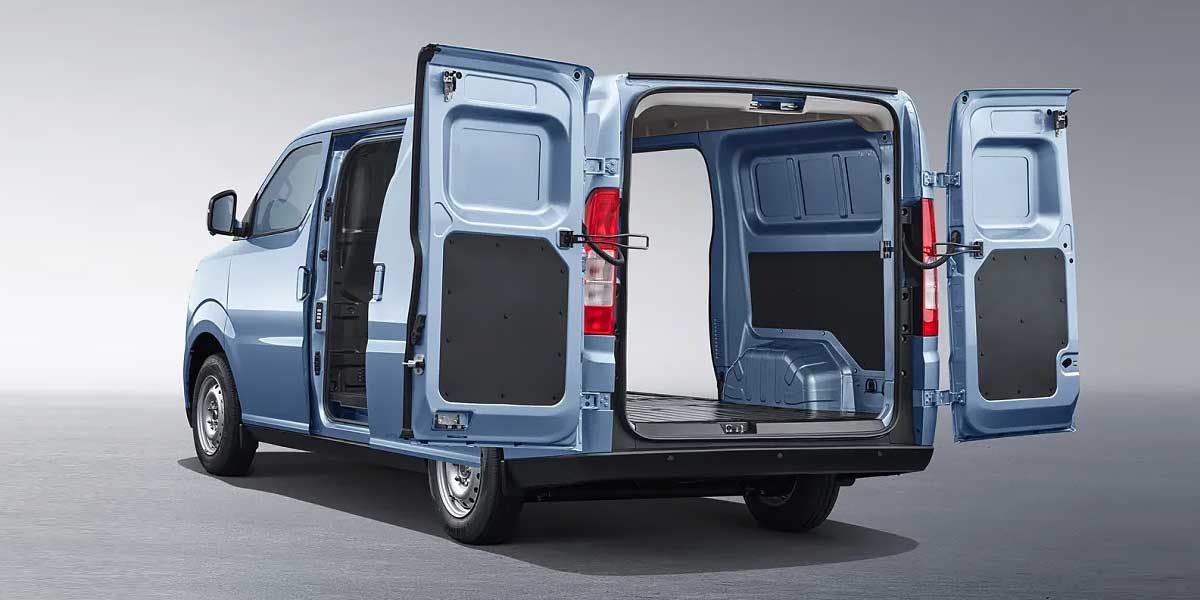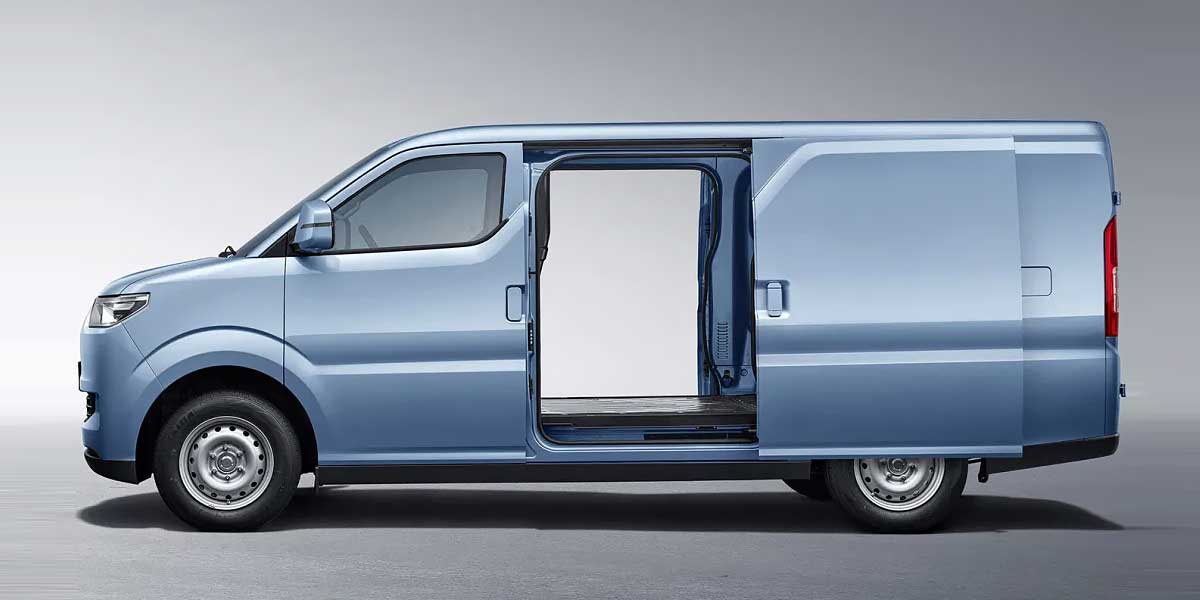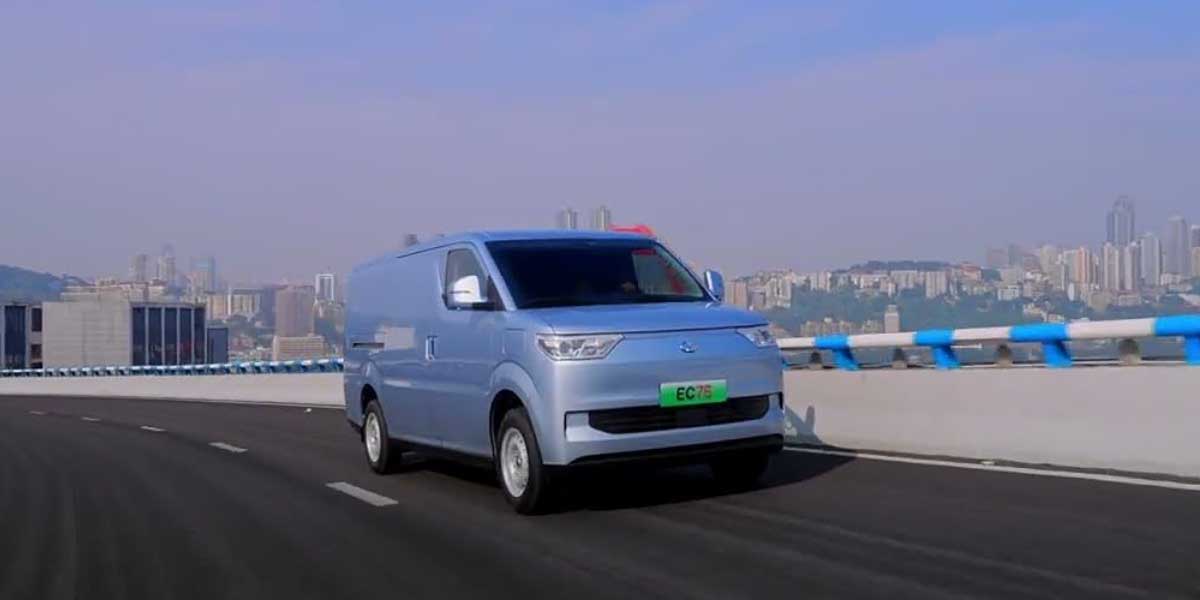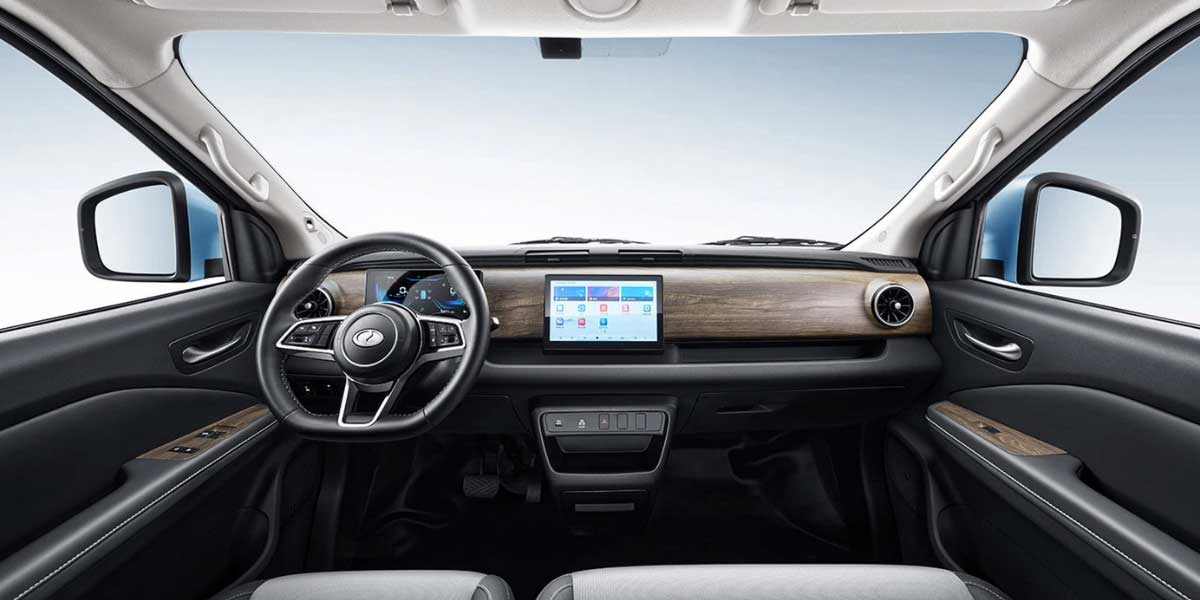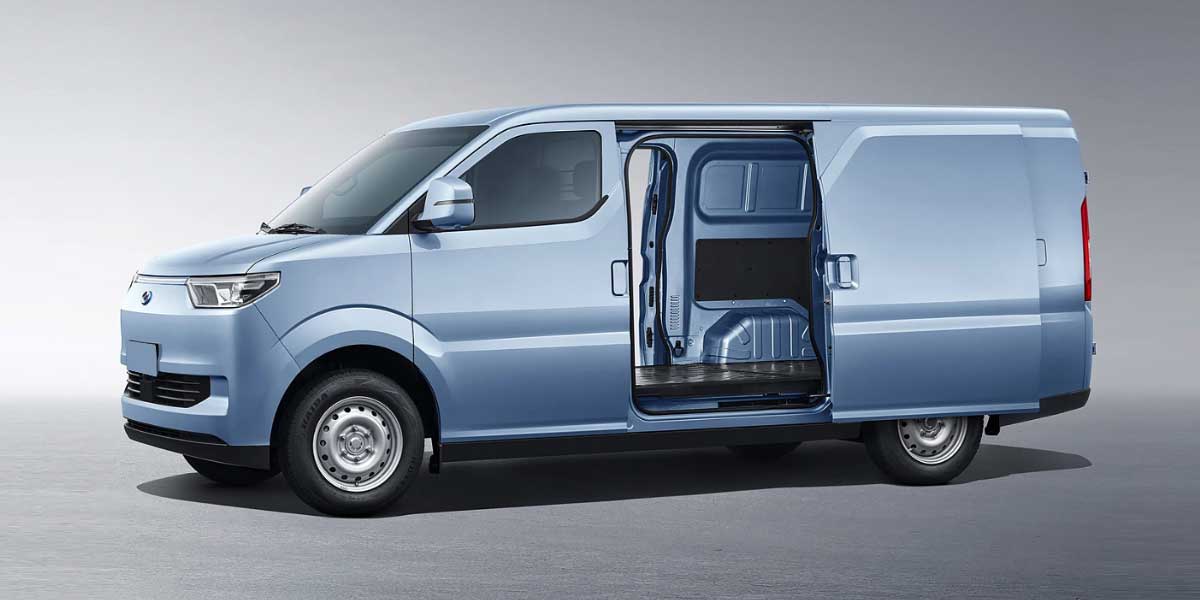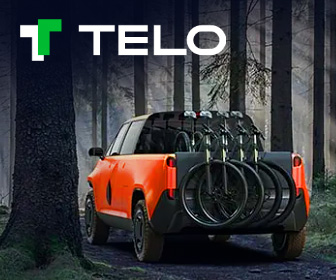Seres Ruichi EC75
The Seres Ruichi EC75 offers a spacious flat-roof design, advanced multi-function steering, a 10.1-inch central control screen, and a 95 kW motor. Enjoy a range of 310 km, 80 km/h top speed, and a 42 kWh battery. Perfect for efficient cargo transport with 1200 kg capacity.
User Rating: 3 / 5 (62 votes)





Base Trim Price: $23000 USD *
| truck type | delivery van |
| manufactured in | China |
| model year | 2023 |
| range (km) | 310 |
| speed (km/h) | 80 |
| power (hp) | 95 |
| battery (kWh) | 42 |
| cargo capacity (kg) | 1200 |
| drive type | RWD |
* Minimum price set for the base trim by the manufacturer
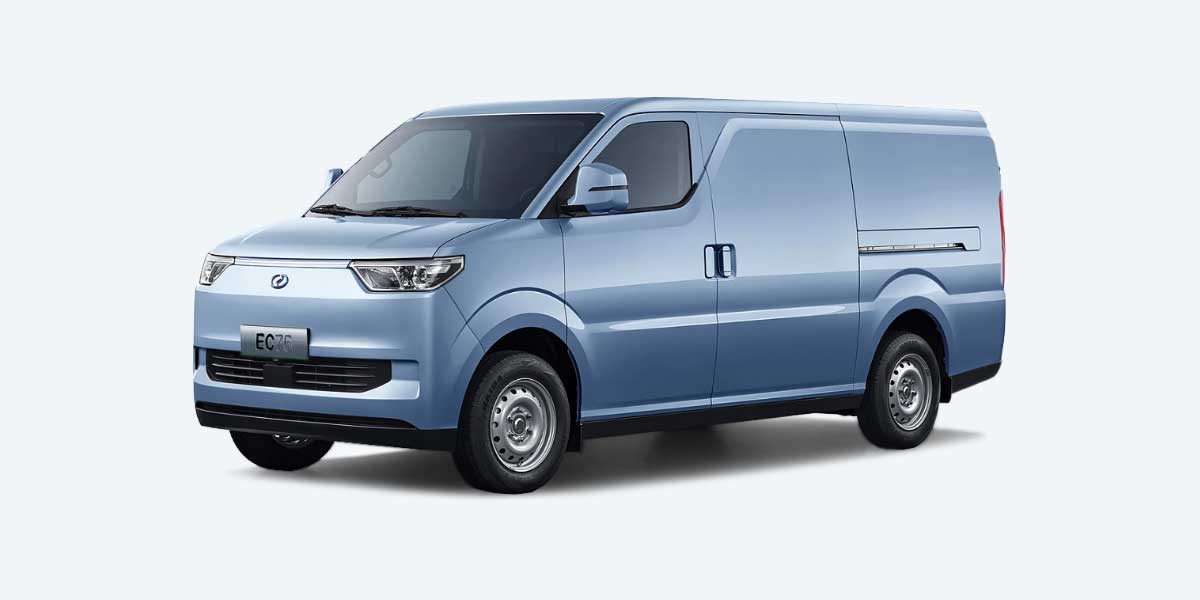
Seres Ruichi EC75 Review
Seres Ruichi EC75: Detailed Review of the Electric Vehicle
Introduction to the Seres Ruichi EC75
Feast your eyes on the Seres Ruichi EC75, a stalwart competitor in the realm of versatile, green logistics vehicles. Originating from China, this EV strides confidently amidst rivals like the BYD T3, Maxus EV80, and Nissan e-NV200, with its sales commencing in 2023.
Design and Exterior
The EC75 boasts a flat roofline, considerably amplifying interior stowage capacity. The strategic vertical taillights adhere to modern logistic vehicle design philosophies. Ultra-wide dual sliding doors further empower cargo handling efficiency, setting it a notch above competitors.
Interior and Comfort
Upon venturing inside, the EC75 charms with its luxurious black and silver grey scheme, accentuated by peach wood details. The multifunction steering wheel, coupled with an LCD instrument panel and a 10.1-inch control screen, provides a plush driving experience. Not to be overlooked, the first-row seats and footwell unify to deliver a small resting space, a unique feature indeed.
Technical Specifications
This electrifying beast stands at 5130 mm in length, 1860 mm in width, and 2020 mm in height, flaunting a wheelbase of 3200 mm. Equipped with a permanent magnet synchronous motor, it dishes out a robust 95 horsepower (71 kW) and a staunch torque of 230 Nm. The lithium iron phosphate battery, with its 41.85 kWh capacity, ensures a serene 252 km range under CLTC conditions.
Performance and Driving Experience
Equipped with a rear-wheel-drive layout, the EC75 reaches a max speed of 80 km/h, making it ideal for urban deliveries. The flat roof structure is aerodynamic, reducing drag and enhancing the range. The cargo capacity stands at a commendable 1200 kg.
Battery and Charging
The EC75 houses a 42 kWh lithium iron phosphate battery, providing an impressive 310 km range per charge. Recharging is efficient, ensuring minimal downtime for businesses relying on quick turnarounds.
Price and Market Position
With a competitive price tag of $23,000, the Seres Ruichi EC75 is a bargain in the EV market, balancing cost with high-end features, making it a sensible choice for logistics and delivery sectors. The conversion to UK pounds stands at roughly £18,405 and €21,115 in Euros.
Exterior and Interior photos of Seres Ruichi EC75
Watch the Video Overview
F.A.Q. about Seres Ruichi EC75
What is the range of the Seres Ruichi EC75 on a single charge?
The Seres Ruichi EC75 boasts a range of 310 km (192 miles) on a single charge, making it an ideal option for urban deliveries and logistics.
How long does it take to fully charge the Seres Ruichi EC75?
Recalibrating the entirety of the EC75's battery can be accomplished in approximately 8 hours using a standard charging setup, ensuring optimized operational efficacy.
What is the price of the Seres Ruichi EC75?
The Seres Ruichi EC75 is competitively priced at US$ 23,000, which is roughly £18,405 or €21,115, presenting great value in the small electric commercial vehicle sector.
What is the battery capacity of the Seres Ruichi EC75?
The Seres Ruichi EC75 is equipped with a 42 kWh lithium iron phosphate battery which provides a robust balance between performance and range.
How does the Seres Ruichi EC75 compare in acceleration to other EVs?
While primarily engineered for efficient cargo transport, the EC75 exhibits a commendable acceleration courtesy of its 95 hp motor, offering fair competition within its class.
What is the top speed of the Seres Ruichi EC75?
The EC75 reaches a top speed of 80 km/h (50 mph), ideally suited for urban and suburban logistical applications.
Can the Seres Ruichi EC75 be charged at any charging station?
Yes, the Seres Ruichi EC75 can be charged at most public and home charging stations compatible with standard EV connectors.
Comparison:
Seres Ruichi EC75 doesn’t just stand in the shadow of its competitors; it challenges them head-on. Compare it to the BYD T3, Maxus EV80, and Nissan e-NV200, and you’ll quickly realize the EC75 is no underdog.
Range Comparison
The Seres Ruichi EC75 flexes its muscles with an impressive range of 310 km (193 miles) on a single charge, courtesy of its 42 kWh battery. By contrast, the BYD T3 scores 300 km (186 miles) – a commendable effort, yet still trailing behind. Meanwhile, the Nissan e-NV200 lags significantly with a mere 200 km (124 miles), making it seem almost archaic. The only true contender here is the Maxus EV80 with 320 km (199 miles), marginally edging ahead in this high-stakes game.
Acceleration Comparison
Powerful? Let’s talk numbers. The Seres Ruichi EC75 churns out 95 horsepower (71 kW) with a decisive torque of 230 Nm. Not a drag racer by any means, but more than adequate for urban logistics. On the other hand, the Maxus EV80 and the BYD T3 pack more punch, rendering the EC75’s performance somewhat pedestrian. Still, it outstrips the Nissan e-NV200 which modestly limps behind with just 80 kW (108 hp).
Power Comparison
Looking at raw power, the Seres Ruichi EC75 is no slouch, offering a commendable balance with its 95 kW motor. Like the BYD T3 and the Maxus EV80, the EC75 provides enough oomph to keep things interesting without being overpowering. The Nissan e-NV200, however, trumps slightly with a bit more zest under the hood, boasting 110 hp (82 kW).
Charging Time Comparison
Charging times can be the Achilles heel for many an electric vehicle, but not for the Seres Ruichi EC75. It charges in a brisk 8 hours on a standard setup, aligning neatly with the BYD T3 and outperforming the Nissan e-NV200, which drags its feet at 12 hours. The Maxus EV80? It’s a comparable 8 hours, making the EC75 a very efficient partner in time-sensitive logistics.
Price Comparison
Money talks, and here’s where the Seres Ruichi EC75 shouts. At a wallet-friendly $23,000 (roughly £18,405 or €21,115), it sits right in the sweet spot, competitively priced against the likes of the BYD T3 and Nissan e-NV200. Meanwhile, the Maxus EV80 dares to ask for $29,000, making the EC75 look like a steal.
So, if you're leaning towards pure electric logistics brilliance, the Seres Ruichi EC75 stakes its claim with panache, pressing all the right buttons where it counts.

